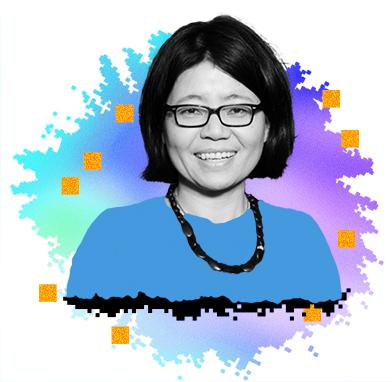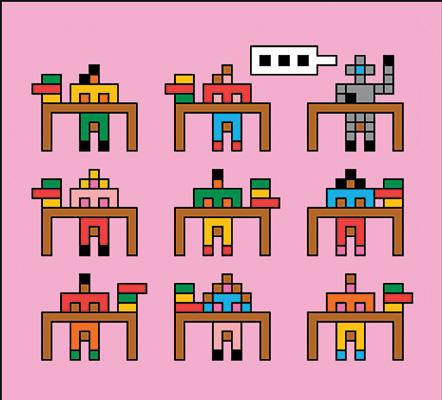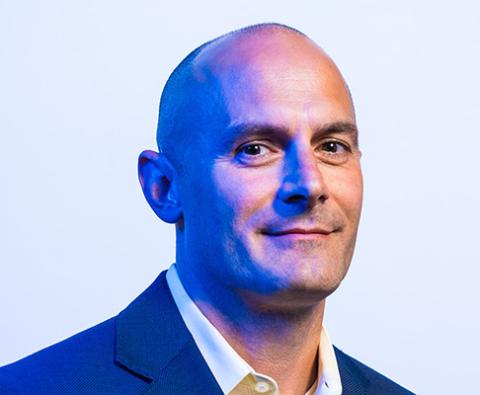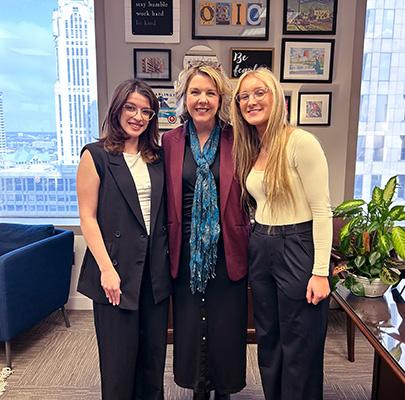With AI, We Can ...
Artificial intelligence (AI) is everywhere. At Case Western Reserve University, it's showing up in impactful, everyday ways. In labs, classrooms, clinics and community spaces, people are putting AI to work for good—and meeting challenges with resilience.
With AI, we can do more than imagine the future. We can thoughtfully build it, together.

Strive to predict illnesses before they start—and save lives
Cardiologists treat heart disease. Oncologists care for patients with cancer. For every disease, there is an expert specialist. But no disease exists in isolation. CWRU researchers are developing artificial-intelligence systems with the potential to transcend clinical boundaries.

Improve the ways products are made and factories operate
From solar energy to advanced materials, CWRU researchers are using AI to uncover new efficiencies, extend product lifespans and redefine what’s possible in manufacturing.

Use better tools to improve care
Artificial intelligence is changing how some hospitals operate—from adjusting anesthetic levels in real time to predicting which patients are most likely to experience complications after surgery.

Share AI tools with the community
In January, Case Western Reserve University launched a program to help Cleveland-area residents better understand and use generative artificial-intelligence tools including ChatGPT and other chatbot services.

Prepare students for fast-growing jobs
Computer science and software engineering jobs are changing as the growth of artificial intelligence demands new skills for everything from maintaining complex AI hardware and software systems to developing tools to take the technology even further.

Drive business innovation, efficiency and better decisions
The invention of the steam engine fueled the industrial revolution, paving the way for mass production, giant transportation networks and the global economy. The impact was profound, unprecedented and previously unimaginable. AI in the workplace has the potential to be just as transformative.

Weave the technology deeper into the academic experience
Jeff Capadona, Case Western Reserve University’s vice provost for innovation, leads the campus mission to excel in the use of technological advances and educate students to succeed and lead in a rapidly changing world.

Find our most confident voice
CWRU School of Law student Vanessa Pilátová has learned about AI landmines. But she also has experienced the benefits in a big way.

Connect humanities and technology to create something new
Computer scientists studying ethics. Musicians working with neural networks. Philosophers debating the social impact of artificial intelligence. That’s the kind of melding of disciplines students imagined when they began shaping Case Western Reserve University’s new Humanity and Technology (HAT) major with faculty and administrators.

Seek to safeguard the common welfare
Artificial intelligence holds great promise in medicine—but also introduces challenges and uncertainties. Two Case Western Reserve University students set out to understand the uses, regulatory policies and potential pitfalls. And their findings have made it to the Ohio Statehouse.

Teach students to probe ethical and societal questions for human good
At Case Western Reserve University, faculty were deeply engaged in AI issues long before ChatGPT and other popular platforms entered the scene. And they are bringing critical inquiry to these and other questions through interdisciplinary and cutting-edge collaborations.

